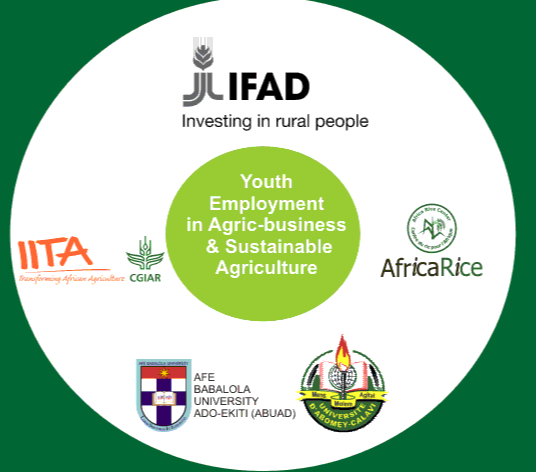The Managing Director of the Bank of Industry, Mr. Kayode Pitan has disclosed that the bank, in collaboration with the Federal Government will improve on its social intervention for Micro, Small and Medium enterprises, through initiatives like the GEEP program. He made the disclosure at a webinar on overcoming business challenges presented by the COVID-19 pandemic.
He also stated that the bank is reviewing its strategic priorities to ensure continuous support for enterprises, especially those hard hit by the COVID-19 pandemic.
As part of these measures, the bank is deepening penetration in agro-processing, food processing, technology, healthcare and pharmaceuticals to stimulate economic recovery and growth.
Soon after the outbreak of the pandemic, the bank responded with a number of measures to reduce the economic impact on customers.
The bank reduced interest on its direct line of credit by 2% for one year from April 1, 2020 to March 31, 2021; granted a three-month moratorium on principal repayment to all beneficiaries of the BoI Fund from April1, 2020 to June 31, 2020; with option to extend by up to 12 months for customers with proper justification on case by case basis.
For loans issued under the Central Bank of Nigeria (CBN) intervention programme and in line with a CBN directive, the bank reviewed interest rate downwards to 5% per anum, with a 3-month moratorium.
Also, the bank worked with the Nigerian Content Development Management Board (NCDMB) to reduce interest rates on credit facilities approved under the Nigerian Content Intervention Fund from 8% per anum to 6% per anum, including extension of the moratorium period.
More directly, BoI made financial contributions to the relief efforts of governments and the organized private sector.
At the webinar, Mr. Pitan noted that Nigeria, like many countries around the world, has not been immune to the economic headwinds created by the COVID-19 pandemic and has therefore been impacted with revenue shortfall and the fear of possible recession; low investor confidence; downgrade of credit ratings and difficulty in funding social intervention programmes due to reduced revenue projections.
He said many of SMEs are expected to have challenges staying operational due to cash-flow constraints, and that will likely increase unemployment, reduce productivity and increase social tensions.
Looking ahead, the Managing Director of Nigeria’s oldest and largest Development Finance Institution said it is reviewing further sectoral peculiarities and extent of impact of the pandemic on areas such as manufacturing; oil and gas; cinemas/entertainment; and hospitality for the development of tailored long-term palliatives; increasing business advisory support for given current headwinds; and deliberately seek out alternative countries for future sourcing of raw materials and equipment.
With regards to the facilities of the CBN to lenders, he said there will be continuous engagement with the apex bank on current intervention funds and new ones targeted at weaker sectors following the pandemic.
BoI will also proactively engage its international lenders given the current headwinds and ensure availability of needed funding to support planned developmental support.
With on-lending partners, he said the bank is engaging them to review rate and tenor of their BoI loans, thereby encouraging them to do same for their customers; and also engaging BoI guaranteeing banks regarding the restructuring of BOI loans.
Mr. Pitan advised that businesses will need a sound understanding of the “new normal” to survive and indeed thrive following the COVID-19 pandemic.










